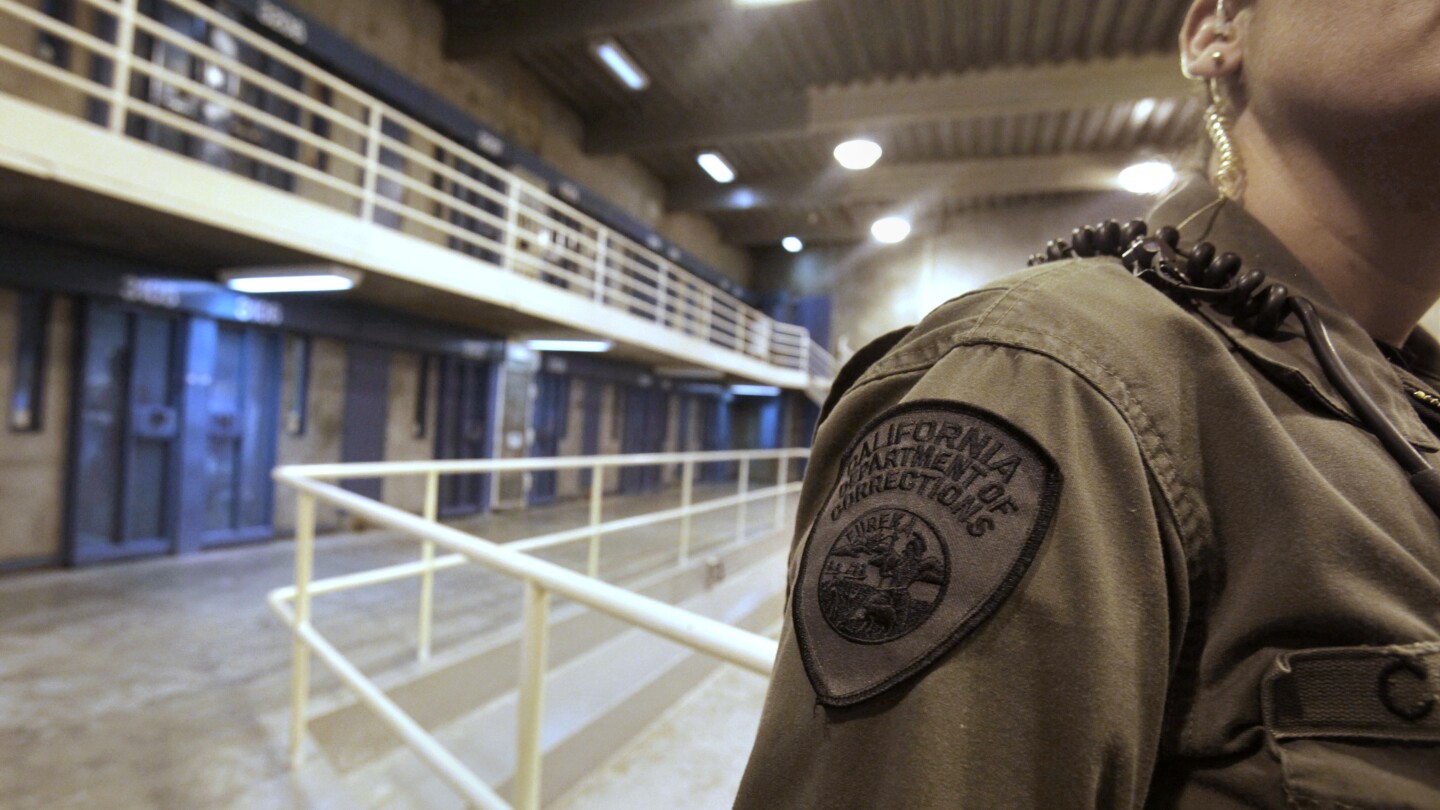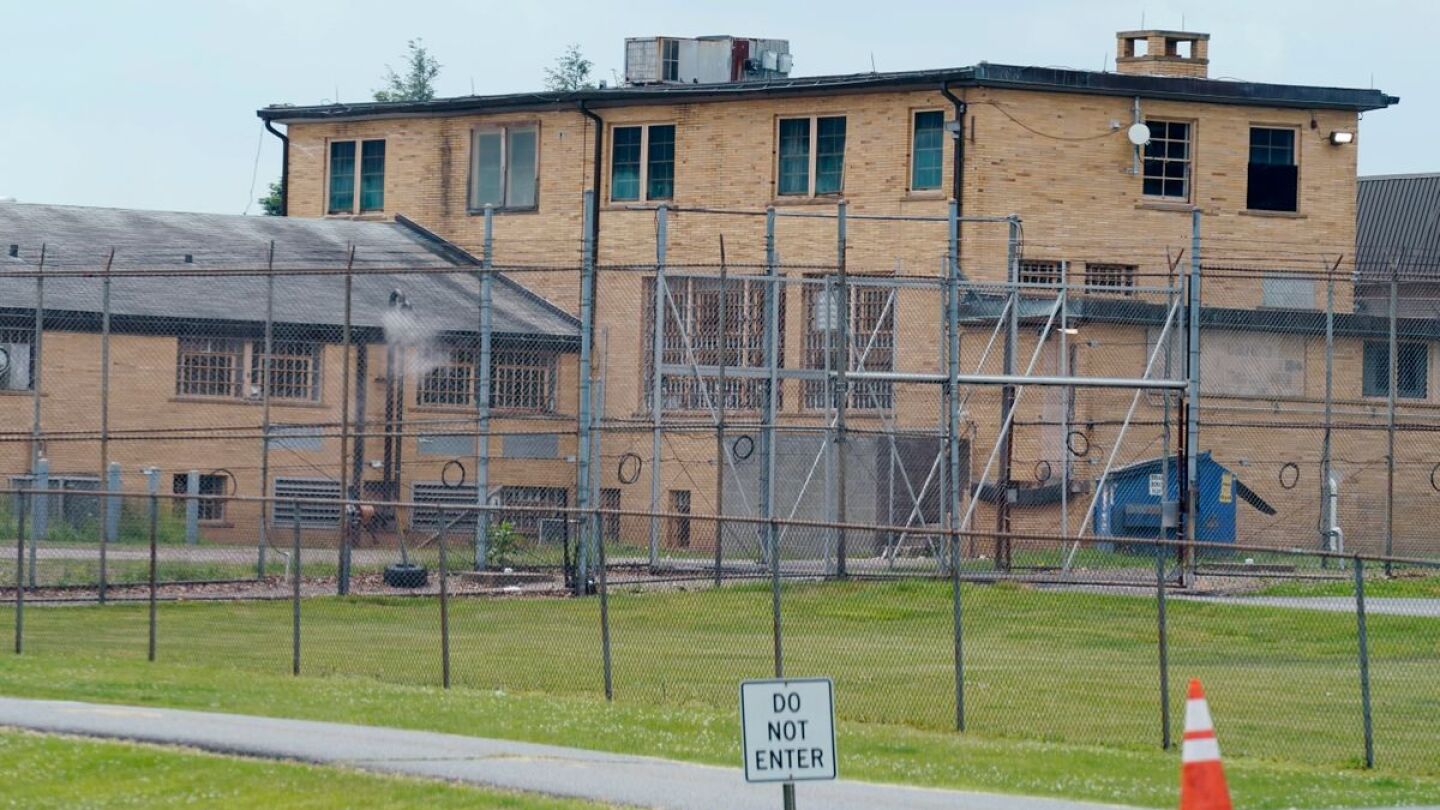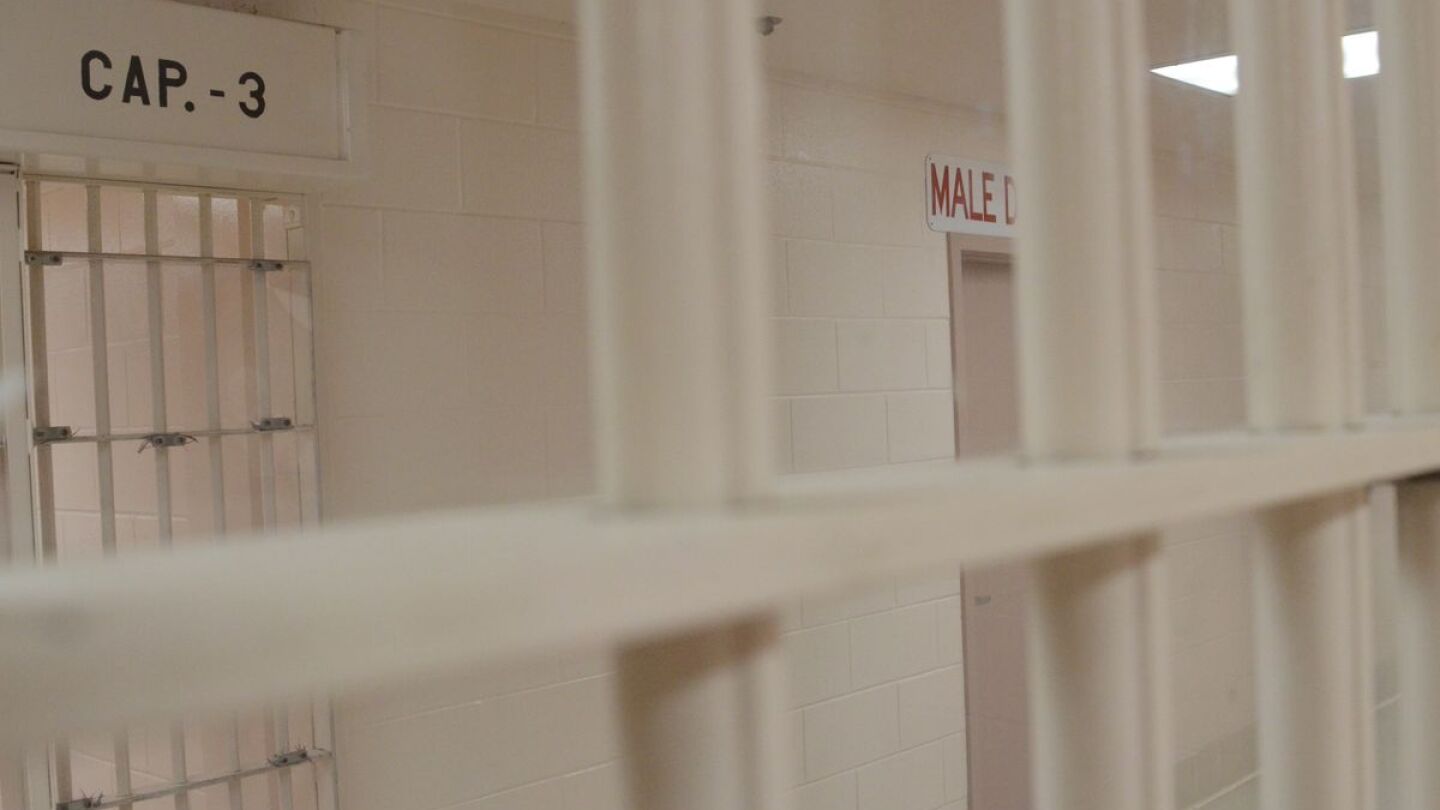Corrections Policies
Corrections policies are the backbone of effective correctional facility management, guiding the daily operations, inmate management, and staff conduct. This directory provides articles that detail the development, implementation, and impact of various policies within the correctional system. Understanding corrections policies is crucial for ensuring compliance, maintaining order, and promoting facility safety. For further information on how these policies are enforced, explore our section on Correctional Facility Procedures.
Unplanned extraditions can unravel even the most efficient operation — a structured readiness plan keeps transports safe, predictable and under control
The reforms include new use of force rules, BWCs, bans on stress positions and K-9 patrols, and mandatory diversity training for staff at Souza-Baranowski Correctional Center
Physical design flaws, staffing shortages and complacency all create unseen risks in correctional facilities — but proactive supervision can help eliminate blind spots
Thirteen staff were suspended in connection with Tyrone Briggs’ 2019 death
What an inmate thinks of policies and procedures, begins at inmate reception
Staff’s negative perceptions of their agency – whether founded or not – must be addressed or these negative perceptions will breed division and discord
“I think this is just another sign of the department doing everything they can to maximize the people,” a lawmaker said
Accounts from staff, inmates detailing major deficiencies in safety protocols were deemed credible
Our liability does not end when the inmate walks out of our jail and the steel gate closes behind him or her
The lawsuit follows years of scrutiny and millions of dollars in damages paid to other former female employees
A fellow CO blamed the attack on a rule change that he says favors the inmate population over officer safety
The settlement is one of 73 payouts involving the sheriff’s department in the past 13 months, totaling more than $14 million
Closing Edna Mahan Correctional Facility will take years; here are 11 changes the report authors recommend now
The 2018 verdict awarded 13,000 COs $113.7 million for uncompensated work
The measurement of work productivity, facility violence and inmate recidivism will tell the tale as time goes on
Fears have been weighing heavily on staff for more than a year now, undermining their health and well-being, and most likely affecting their job performance
When analyzed in abstract terms, the intelligence process sounds vague, complicated and difficult to execute. This need not be the case
It is critical to communicate early and often with employees about safety and ongoing planning
The policy was meant to stem the flow of drugs into prisons by requiring mail to be printed or written on lined paper
A powerful way to increase learning based on real incidents is to not only study what you do see but to envision what you might have seen
Follow these steps to prioritize officer safety and facility security
Are Department of Justice-certified PREA auditors permitted to conduct any part of the onsite portion of the PREA audit remotely?
The CO was previously fired for her role in an earlier incident in which a suspected burglar was mistakenly released in 2019
Download Corrections1’s guide to help your agency minimize risk and improve both officer and inmate safety during transport operations
Intelligence gathering provides a more informed perspective when monitoring an inmates’ contacts and activities in their daily incarcerated lives
Lt. Eugene Lasco’s homicide marked the fourth fatal stabbing at Indiana State Prison since 2017
One of the biggest fights you’ll have is with yourself
Record everything you can within legal and regulatory guidelines
COs can decide when to turn the cameras on, a policy that has drawn some criticism
Thirteen inmates have died in Cuyahoga County jails since June 2018
Correctional leaders should commit themselves and their staff to apply lessons learned from the challenges of 2020 into policies and emergency planning
Healthcare will remain the largest uncontrollable expense in corrections — COVID-19 has only exacerbated this trend
MOST POPULAR
- Underwire bras trigger metal detectors at Mo. jail and claims of sexism
- What would you do? Scenario-based questions answered by corrections experts
- Investigating human sex trafficking in prison
- Tips for better correctional officer report writing
- From fear to trust: How correctional facilities and ombudsmen can team up

























